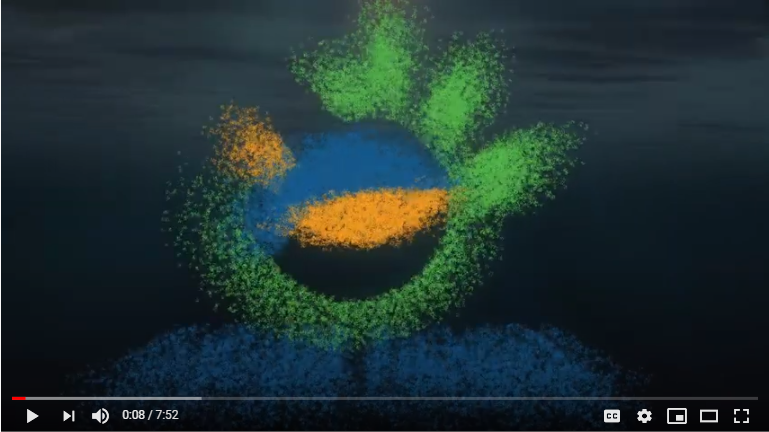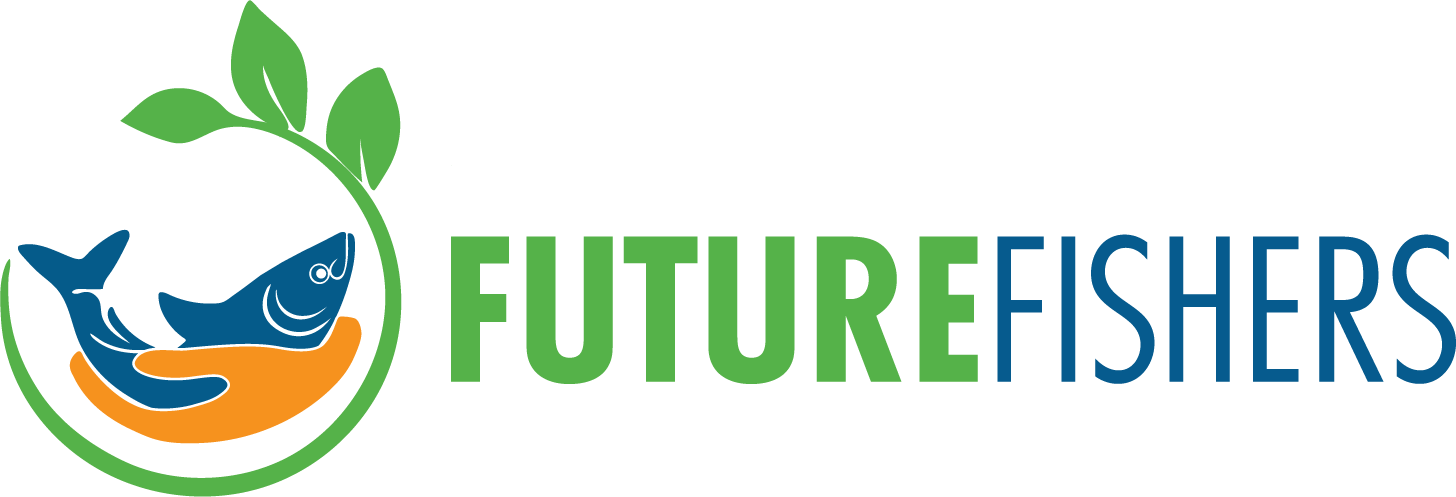
About Us
Improving sustainable use and management of the nation’s coastal and marine resources, while improving the opportunities for better governance, economic growth and social advancement of the fishing community
About us
Future Fishers is a registered non-profit organisation, established to improve sustainable use and management of Trinidad and Tobago’s coastal and marine resources while improving the opportunities for better governance, economic growth and social advancement of the fishing community. As a forward-thinking organisation, we are dedicated to working with local, national and other key stakeholders to achieve national and global targets set for protecting the environment, creating livelihood opportunities and improving the long-term sustainability of our natural resources. The need for such an approach is particularly urgent in small island states and coastal communities that are challenged by a declining fish stock, limited value adding activity, social exclusion and the increasing incidence and severity of climate events linked to global warming and climate change.
The term Future Fishers emphasises a new way of thinking among stakeholders that involve collaboration, cooperation, capacity building and collective decision making championed by our organisation. We strive to think differently about the future of the stock and other natural assets and how we can positively impact these coastal resources.
We intend to bridge the perennial gap between stakeholders in research, governance and local implementation. It is our view that this void makes all stakeholders vulnerable as their collective capabilities are not being realised for the better management of the coastal and marine resources.

Our Mission
Our mission is to create sustainable use and management of our coastal and marine resources while improving opportunities for better governance, economic growth and social advancement through an empowered fishing community.
Our Vision
We envision a nation where our coastal and marine ecosystems are sustainably managed by responsible fishers.
Our Story
Future Fishers was born out of a conversation that took place on Mission Beach, Toco, on the 17th September 2017. The discussion took place with four individuals including three fishers – Anderson Zoe from Matelot, Eric Miller from Toco and Don Miguel Pavy from Cumana – and Dennis Sammy from the NGO sector. This discussion was influenced by comments from President of the Trinidad and Tobago Unified Fisherfolk Organisation, Mr Joslyn Lee Quay, who observed there was no Trinidad East Coast representation at the national level. He recognised that the views of the East Coast Fishers are essential and their support is needed to take the fisheries sector forward.
The topics discussed were:
- Lack of awareness of the natural resources among fishers
- Declining fish catch on the North and East coasts
- Decreasing fishing grounds due to oil explorations
- By-catch waste of mainly the bonito (euthynnus alletteratus) and sea turtles
- Safety, including the lack of know-how for emergency engine repair, lack of navigation equipment, legislative deficiencies and low safety standards.
After much debate about how to address these issues, a collective decision was taken to incorporate an NGO to provide leadership and to create a bigger vision towards which fishers and coastal communities could work. A recommendation for the name was made and accepted to be “Future Fishers”.
Our governance
7The Board of Directors of Future Fishers currently comprises 7 directors of which there are 4 officers. The positions of Chair, the Vice Chair, the Secretary and a Treasurer are selected on an annual basis. Directors are chosen on the basis of their skills and technical expertise and how these meet organisational needs. As a show of support, the Fisheries Division has approved a Senior Fisheries Officer to assist in guiding the Board in its fisheries decision-making processes.




